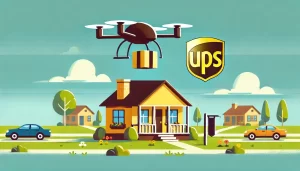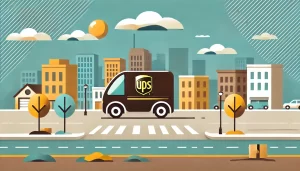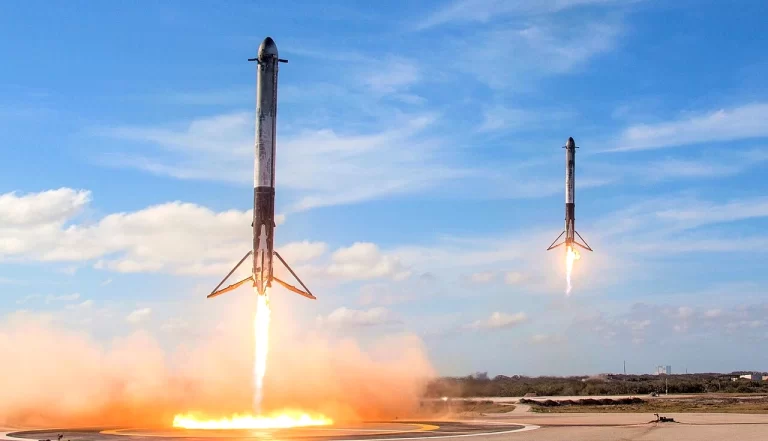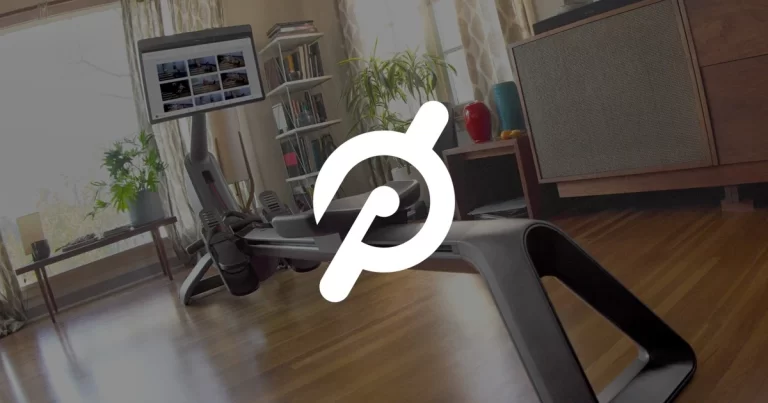The advent of drone delivery and autonomous vehicles has marked a significant milestone in the logistics and transportation industry. Leading this technological revolution is UPS, a global logistics giant known for its innovative approach to solving complex delivery challenges. This case study explores how UPS has leveraged drone technology and autonomous vehicles to enhance its delivery services, the challenges it faced, the solutions it implemented, and the impact on the industry.
Company Overview: UPS – A Pioneer in Logistics
United Parcel Service (UPS), founded in 1907, is one of the world’s largest package delivery companies. Headquartered in Atlanta, Georgia, UPS operates in more than 220 countries and territories. With a fleet of over 125,000 vehicles and approximately 500,000 employees, UPS handles an average of 24 million packages per day. The company’s commitment to innovation and efficiency has positioned it as a leader in the logistics industry.
The Challenge: Addressing Last-Mile Delivery Issues
The “last mile” of delivery, which refers to the final step of the delivery process from a distribution center to the end customer, has always been a significant challenge for logistics companies. This stage is often the most time-consuming and expensive part of the delivery process, accounting for up to 53% of the total shipping cost.
For UPS, the challenge was to find a cost-effective, efficient, and environmentally friendly solution to last-mile delivery. Increasing urbanization and growing consumer demand for faster delivery times further complicated this challenge. UPS needed a solution that could reduce delivery times, cut costs, and minimize the environmental impact.
The Solution: Embracing Drone Delivery and Autonomous Vehicles
UPS responded to these challenges by integrating drone delivery and autonomous vehicles into its logistics network.
Drone Delivery
 In 2019, UPS launched its Flight Forward subsidiary, a dedicated drone delivery service. UPS Flight Forward achieved a major milestone by receiving the Federal Aviation Administration’s (FAA) Part 135 Standard certification, allowing it to operate a drone airline. This certification enabled UPS to expand its drone delivery operations significantly.
In 2019, UPS launched its Flight Forward subsidiary, a dedicated drone delivery service. UPS Flight Forward achieved a major milestone by receiving the Federal Aviation Administration’s (FAA) Part 135 Standard certification, allowing it to operate a drone airline. This certification enabled UPS to expand its drone delivery operations significantly.
UPS partnered with Matternet, a leading drone technology company, to develop and deploy drones capable of delivering medical supplies and samples. The service was initially launched at WakeMed Hospital in Raleigh, North Carolina, where drones transported critical medical samples between hospital facilities. This pilot program demonstrated the potential of drones to improve delivery speed and reliability in the healthcare sector.
Autonomous Vehicles
 UPS also explored the use of autonomous vehicles for package delivery. In collaboration with TuSimple, a self-driving truck company, UPS conducted a series of successful test runs for autonomous freight delivery between Phoenix and Tucson, Arizona. These tests involved autonomous trucks traveling over 100 miles on highways, demonstrating the feasibility of long-haul autonomous deliveries.
UPS also explored the use of autonomous vehicles for package delivery. In collaboration with TuSimple, a self-driving truck company, UPS conducted a series of successful test runs for autonomous freight delivery between Phoenix and Tucson, Arizona. These tests involved autonomous trucks traveling over 100 miles on highways, demonstrating the feasibility of long-haul autonomous deliveries.
In addition, UPS partnered with Waymo, Alphabet Inc.’s self-driving technology division, to test autonomous minivans for last-mile deliveries. These tests were conducted in the Phoenix metropolitan area, where Waymo’s autonomous vehicles delivered packages from UPS stores to a local UPS sorting facility.
Results and Benefits: Transforming Delivery Operations
Enhanced Efficiency and Reduced Costs
The integration of drone delivery and autonomous vehicles has significantly improved UPS’s delivery operations. Drones have enabled faster and more reliable deliveries, particularly in the healthcare sector, where timely delivery of medical supplies is critical. Drone deliveries at WakeMed reduced transport times from 30 minutes to just over 3 minutes. Autonomous vehicles have reduced labor costs and improved delivery efficiency by operating continuously without the need for breaks. Potential savings of 30% or more on last-mile delivery costs through automation.
Environmental Impact
UPS’s adoption of drone delivery and autonomous vehicles has also contributed to its sustainability goals. By reducing the reliance on traditional delivery vehicles, UPS has decreased its carbon footprint. Drones, powered by electric batteries, produce zero emissions, while autonomous vehicles optimize fuel consumption through efficient route planning and driving patterns. Electric and autonomous vehicles contribute to UPS’s goal of reducing emissions by 12% in global ground operations by 2025.
Competitive Advantage
UPS’s early adoption of these technologies has given it a competitive edge in the logistics industry. The ability to offer faster, more reliable, and environmentally friendly delivery services has attracted new customers and strengthened relationships with existing ones.
UPS has consistently expanded its delivery capabilities and enhanced its service efficiency through technological advancements and strategic initiatives. In 2023, the company achieved notable milestones, such as a 28.6% increase in Small and Medium-Sized Business (SMB) volume within the U.S., driven by the Digital Access Program, which generated $2.9 billion in global revenue. Additionally, UPS’s commitment to healthcare logistics resulted in a substantial revenue of $10 billion and the expansion of healthcare-compliant distribution space to 17 million square feet. The implementation of RFID technology in over 1,000 buildings significantly reduced misloads by 67%, demonstrating the company’s dedication to operational excellence and customer satisfaction.
Industry Impact: Competitors Following Suit
UPS’s success with drone delivery and autonomous vehicles has prompted other logistics companies to adopt similar strategies.
- Amazon: Launched Prime Air, aiming to deliver packages weighing up to 5 pounds in 30 minutes or less using drones.
- FedEx: Partnered with Wing Aviation LLC for drone delivery trials and invested in autonomous delivery robots.
- DHL: Developed the Parcelcopter for deliveries to remote locations and difficult terrains.
- Alphabet (Google): Wing became the first drone delivery company to receive Air Carrier Certification from the FAA in 2019.
These developments indicate a broader industry trend towards leveraging advanced technologies to enhance delivery services, reduce costs, and improve sustainability.
Conclusion: A New Era in Logistics
UPS’s foray into drone delivery and autonomous vehicles offers valuable insights for businesses across industries:
- Embrace disruptive technologies: Staying ahead of the curve can provide a significant competitive advantage.
- Regulatory engagement: Proactive collaboration with regulators is crucial when introducing revolutionary technologies.
- Strategic partnerships: Leveraging expertise through partnerships can accelerate innovation and market entry.
- Focus on sustainability: Integrating environmental considerations into technological advancements can create long-term value.
- Balanced approach: While pursuing cutting-edge solutions, maintain excellence in core operations.
As UPS continues to push the boundaries of logistics technology, it serves as a compelling example of how traditional companies can reinvent themselves in the digital age. The sky is no longer the limit – it’s just the beginning.
Business Lesson: Embrace Innovation for Long-Term Success
The key business lesson from UPS’s experience is the importance of embracing innovation and technology to stay competitive and meet evolving customer demands. By investing in and adopting cutting-edge solutions, companies can achieve significant operational efficiencies, reduce costs, and enhance customer satisfaction.



